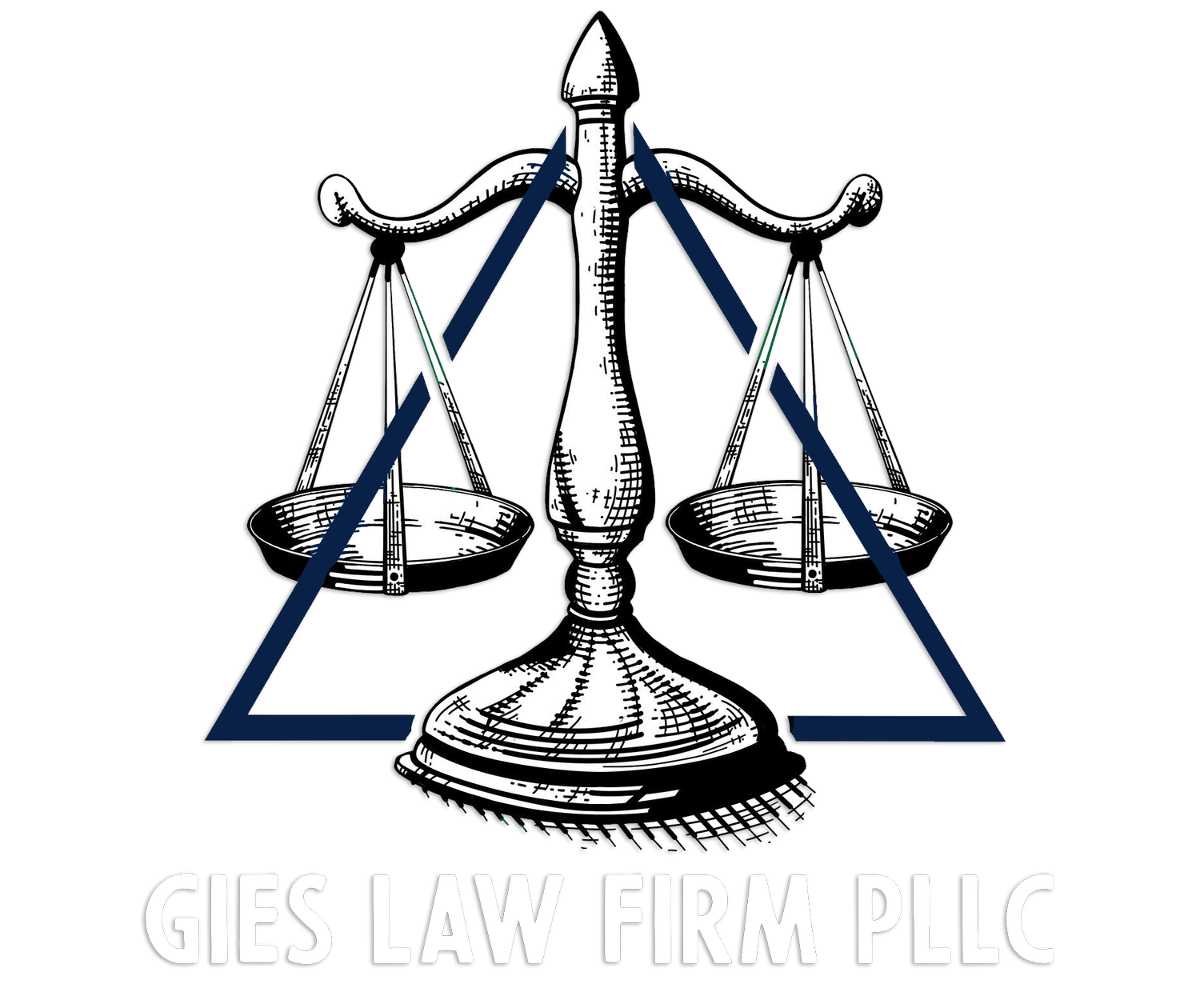Navigating Operational Status Violations: A Guide for Oklahoma Cannabis Businesses
The Oklahoma Medical Marijuana Authority (OMMA) has been tightening its enforcement on Operational Status Violations (OSVs). With an increased frequency in petitions for license revocation over OSVs, it's crucial for cannabis businesses to understand the implications and ensure compliance. This blog will explore the statutes and rules governing OSVs, the recent shifts in OMMA’s enforcement strategy, and provide actionable steps for businesses to protect their licenses.
Understanding Operational Status Violations
Operational Status Violations refer to breaches of regulations that govern whether a cannabis business is actively operating or making progress toward becoming operational. Operational Status Violations occur when a business continually fails to demonstrate active business operations within the stipulated time frames.
Key Statutes and Rules Governing OSVs
Oklahoma’s medical marijuana industry is regulated under the Oklahoma Medical Marijuana and Patient Protection Act, commonly referred to as the "Unity Bill" (Oklahoma Statutes Title 63, Sections 420A through 429). Specific requirements for operational status are detailed in the OMMA rules:
OMMA Rule 310:681-5-4.1 - Operational Status Visit
Initial Operational Status Visit (Effective September 1, 2021):
OMMA schedules on-site visits at licensed growers, processors, and dispensaries to verify if they are actively operating or working towards becoming operational.
These visits occur within the first 180 days after license issuance.
If a business fails to provide proof of active operation or progress, a 180-day grace period is granted to become operational.
Follow-up Operational Status Visits:
Follow-up visits are conducted upon expiration of the initial grace period to verify continued efforts or commencement of operations.
If the business still fails to prove active operation, OMMA may grant an additional 180-day grace period, not extending beyond the license's one-year term. The granting of this additional grace period is at the discretion of the individual inspector.
If a business is still not operational after this period, OMMA will seek revocation of the license. A third operational status visit is at OMMA’s discretion but not required.
Recent Trends in OMMA Enforcement
OMMA has recently increased its enforcement actions, more frequently petitioning for the revocation of licenses over OSVs. Businesses found in violation may face suspension or revocation of their licenses, leading to significant financial and operational disruptions.
Protecting Your Business
To safeguard your cannabis business against the risk of Operational Status Violation-related license revocation, consider the following steps:
Conduct Regular Compliance Audits: Regularly audit your operations to ensure compliance with all OMMA regulations. This includes documenting efforts to become operational and maintaining accurate records.
Stay Informed: Keep abreast of any changes in OMMA regulations or enforcement strategies. This can be done by subscribing to industry newsletters, attending relevant workshops, and consulting with legal experts. Engage with industry associations for updates and support.
Develop a Response Plan: Have a plan in place to address potential violations promptly. This should include steps to rectify the issue, documentation of corrective actions taken, and communication with OMMA. Proactive communication with OMMA can often mitigate potential issues.
Training and Education: Regularly train your staff on compliance requirements and best practices. Ensure that everyone from top management to operational staff understands the importance of compliance and their role in maintaining it.
Documentation and Record-Keeping: Maintain thorough and accurate records of all operations, including progress towards becoming operational. Proper documentation can be critical in demonstrating compliance during OMMA inspections.
OMMA provides detailed Operational Status Visit forms on their website, which serve as a comprehensive guide for ensuring compliance and meeting operational standards. It is essential for licensees to thoroughly familiarize themselves with these forms to understand precisely what OMMA inspectors will be evaluating. By proactively addressing these requirements and promptly making necessary adjustments, businesses can significantly improve their chances of maintaining their licenses and avoiding costly operational disruptions.
If your business has received an Operational Status Violation notice or you are concerned about potential compliance issues, contact Gies Law Firm immediately. Our team of experienced cannabis law attorneys can provide expert guidance, assist in developing compliance strategies, conduct on-site inspections and represent your interests in any enforcement actions. Don’t wait until it’s too late—ensure your business remains in good standing with OMMA.



